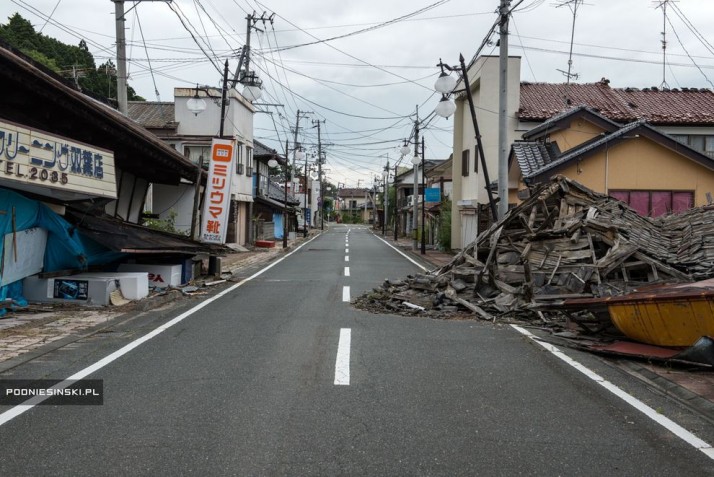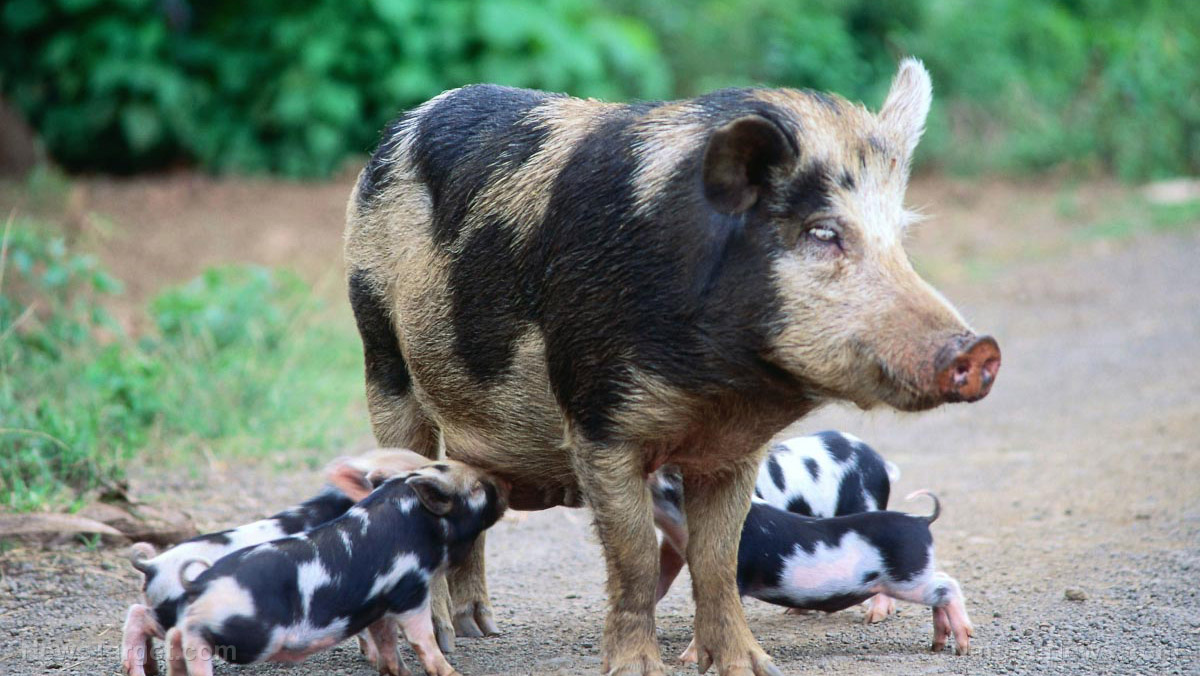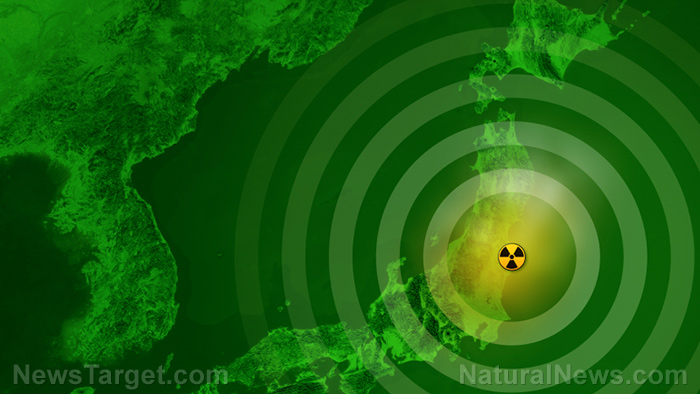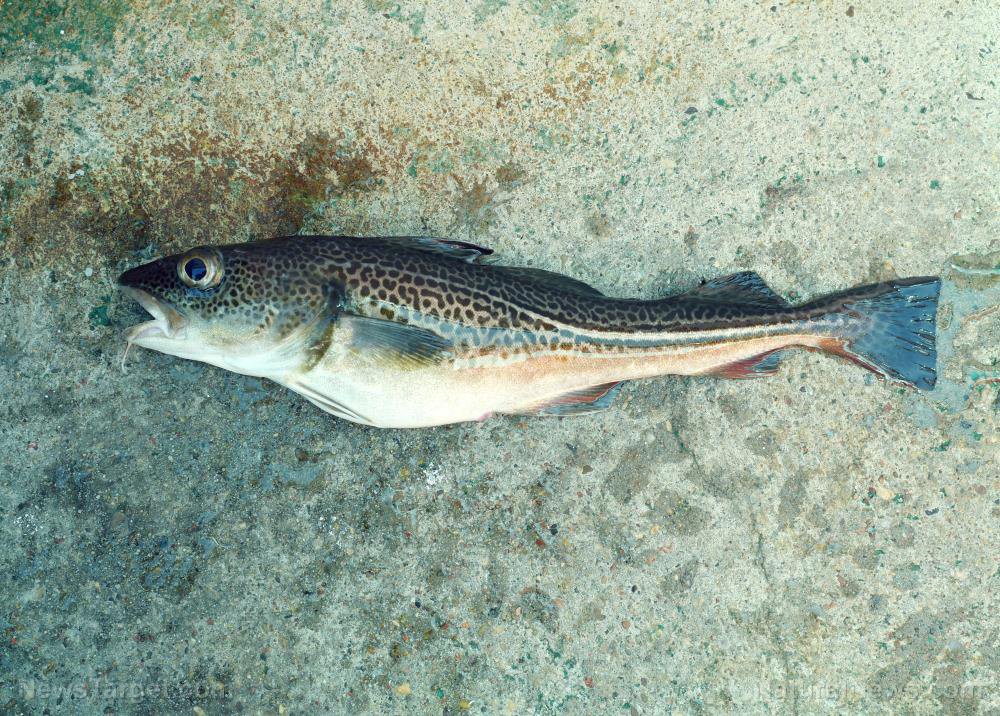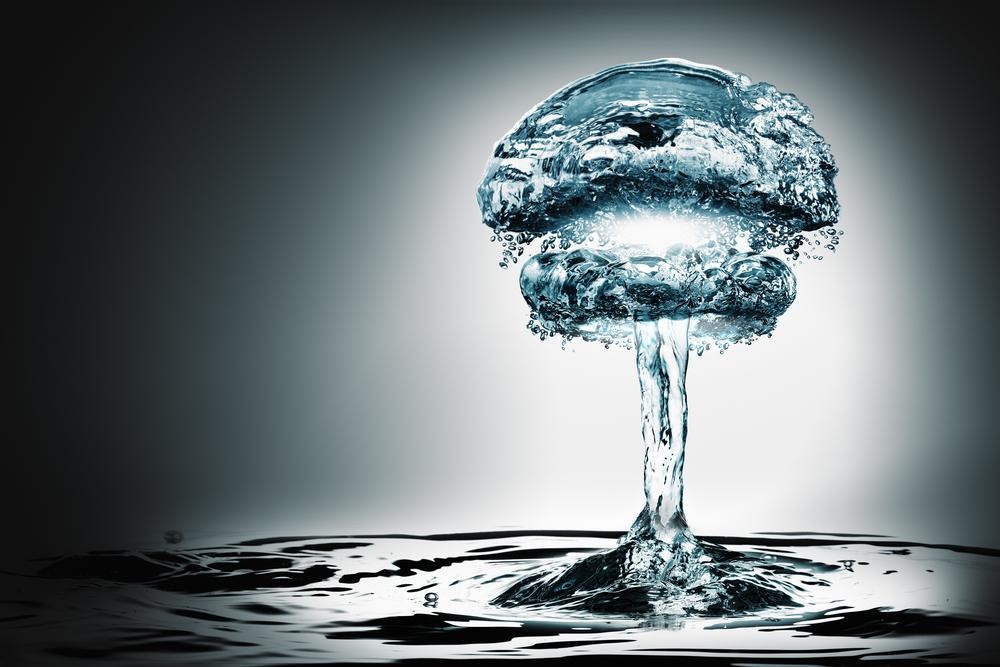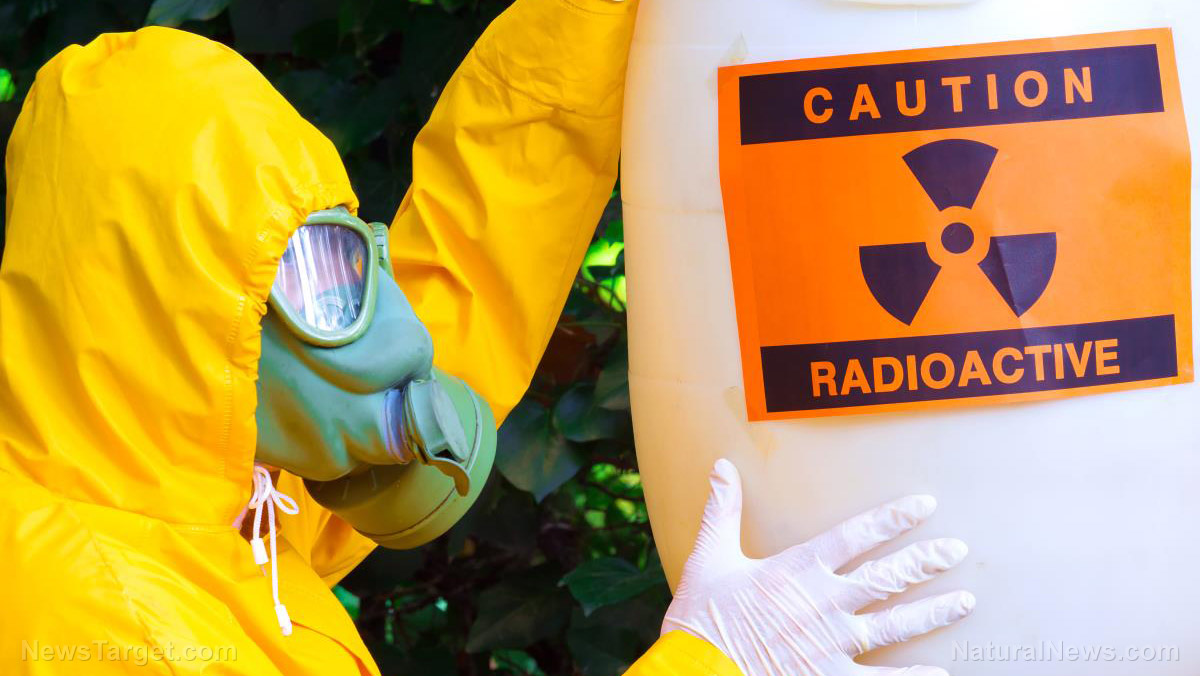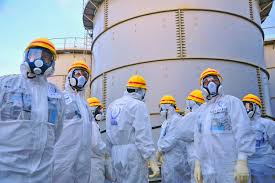Can marijuana save the Fukushima Prefecture?
10/07/2015 / By Greg White
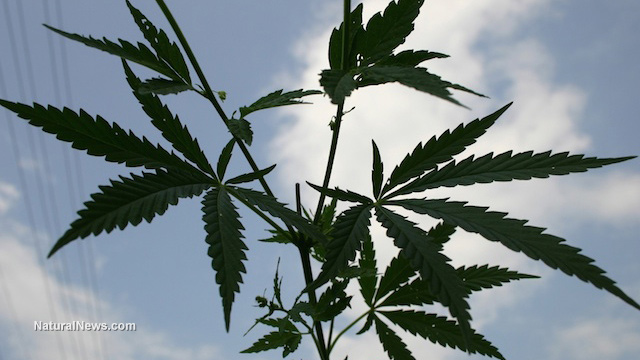
The Tokyo Electric Power Company (TEPCO) has been desperately seeking ways to clean up toxic radiation spewing from the Fukushima Daiichi site. Now, a natural plant may be able to save the nuclear power plant: cannabis.
Using plants to clean up toxic soil is known as phytoremediation. Two members of the mustard seed family are usually used in phytoremediation. However, cannabis has been proven to be just as effective, if not more so, at absorbing toxic metals from soil as other phytoremediation plants.(1)
The fact that marijuana can absorb environmental pollutants isn’t exactly news. Hemp’s resilience to contaminated soil is well studied. In 1995, the Polish Institute of Natural Fibres released a study which demonstrated that hemp was able to withstand high levels of heavy metals without inhibiting its growth.(2)
Cannabis helped clean up Chernobyl catastrophe
In the late 1990s, a group of representatives of Consolidated Growers and Processors used industrial hemp to help clean up a site near the Chernobyl disaster site, the worst nuclear catastrophe in human history.
“Hemp is proving to be one of the best phyto-remediative plants we have been able to find,” said Slavik Dushenkov, a research scientist with PHYTOTECH.(1)
These findings were cross-verified by a team of Belarus scientists who experimented with hemp on areas afflicted by the Chernobyl disaster. The catastrophe polluted almost 20 miles around the Chernobyl site.(1)
Belarusian scientists discovered that cannabis had advantages over other phytoremediation plants. In addition to absorbing dangerous toxins, industrial hemp produced biofuel. As a biofuel, hemp could remove dangerous pollutants from the soil and help crops grow.
“As with the Chernobyl incident, scientists are finding radioactive emissions and toxic metals–including iodine, cesium-137, strontium-90, and plutonium–concentrated in the soil, plants, and animals of Japan, but also now throughout the United States and all along the West Coast – from Canada to Mexico,” Christina Sarich, a writer for NationofChange notes.(1)
TEPCO isn’t the only one who could benefit from the radiation-absorbing effects of hemp. Radiation from Fukushima has traversed the Pacific Ocean and is bombarding the West Coast. There has been a surge in beached marine life stretching from the coast of Southern California to Canada. Radiation from Fukushima isn’t bound to Japan but is spreading around the globe.
Japan’s strict prohibition of marijuana
TEPCO has yet to use phytoremediation plants to absorb radiation at the Fukushima Prefecture. Nevertheless, some citizens have. The Buddhist monk Koyu Abe launched a project called “Make a Wish Upon Flowers,” which calls upon Japanese citizens to plant sunflower seeds to help absorb radiation throughout the Fukushima region.
Like hemp, sunflowers were used after the Chernobyl nuclear disaster to decontaminate the soil. Unlike hemp, however, sunflowers are actually legal in Japan. The Japanese public regards drug use as an admission of deep-seated evil, according to a post at TheWeedBlog.com. Under the Cannabis Control Law, an individual can be sentenced to prison for five years if they are caught with a single joint.(3)
Japan didn’t always view hemp with contempt. Cannabis-based drugs were used in Japan to help treat insomnia and alleviate pain in the early 20th century. The country’s attitude towards the medicinal herb changed at the end of World War 2. U.S. authorities occupying Japan dismayed the plant and the threat it poses to various U.S. industries, such as the oil, pharmaceutical and chemical industries, and government bureaucrats who derive funding from demonizing harmless marijuana users. Washington banned cannabis in 1937 and sought to ban it in Japan as well. In July 1948, with U.S. officials still occupying the country, Japan passed the Cannabis Control Law.(4)
Although a number of U.S. states have eased policies on cannabis prohibition, Japan’s cannabis law remains steadily harsh. The U.S. tainted Japanese law. Now, radiation from the nuclear power plant taints the West Coast.
Sources include:
(2) SensiSeeds.com
(3) TheWeedBlog.com
(4) JapanTimes.co.jp
Submit a correction >>
Tagged Under:
cannabis, marijuana, phytoremediation, radiation, radioactive waste
This article may contain statements that reflect the opinion of the author
RECENT NEWS & ARTICLES
COPYRIGHT © 2017 FUKUSHIMAWATCH.COM
All content posted on this site is protected under Free Speech. FukushimaWatch.com is not responsible for content written by contributing authors. The information on this site is provided for educational and entertainment purposes only. It is not intended as a substitute for professional advice of any kind. FukushimaWatch.com assumes no responsibility for the use or misuse of this material. All trademarks, registered trademarks and service marks mentioned on this site are the property of their respective owners.

